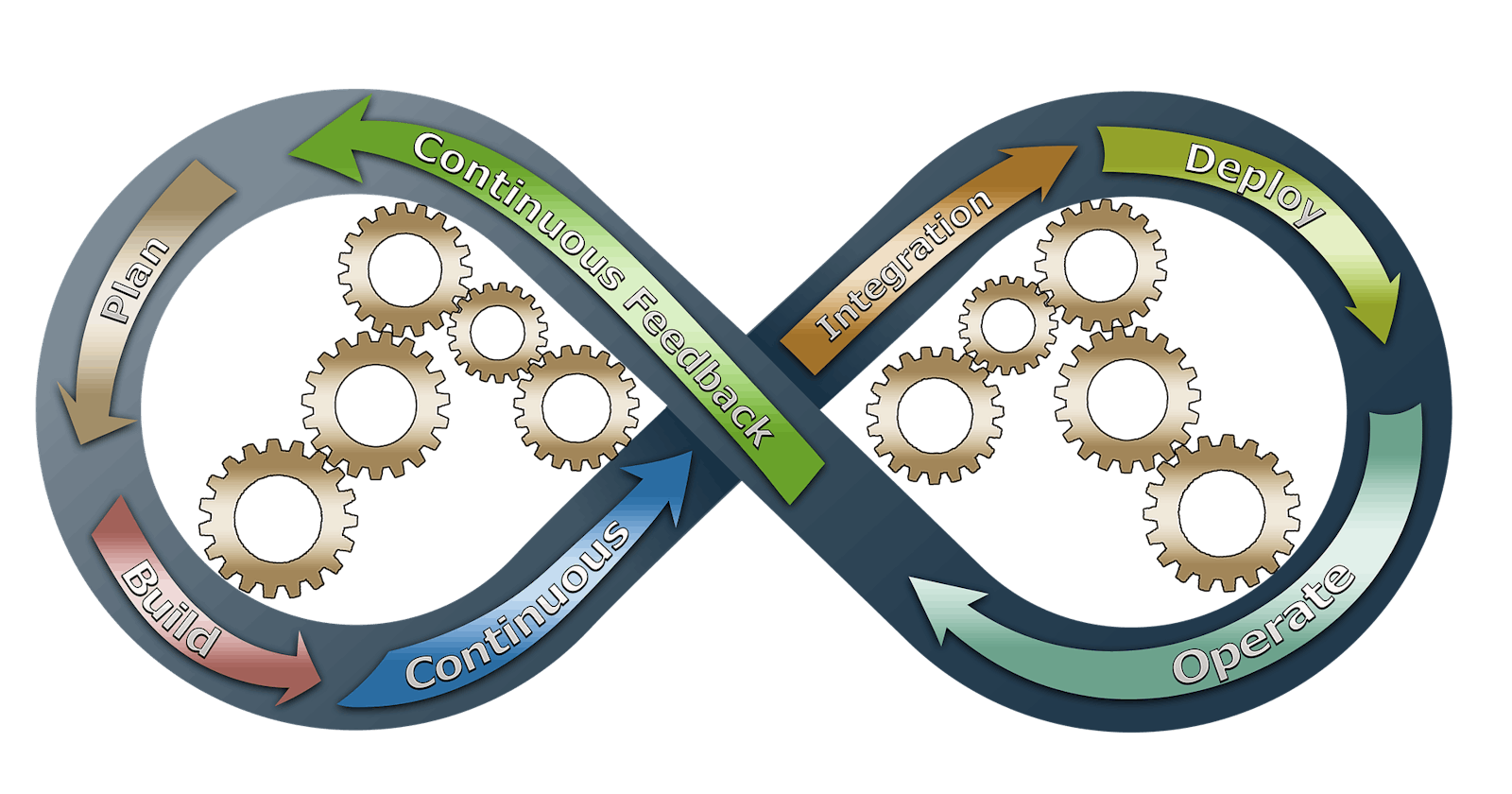Automation is a key component of DevOps, a software development approach that emphasizes collaboration between development and operations teams. By automating various tasks, organizations can increase the speed and efficiency of their software delivery process, leading to faster time-to-market and higher quality products. In this blog post, we'll explore the role of automation in DevOps and how it can benefit organizations.
One of the main goals of DevOps is to eliminate manual, repetitive tasks and replace them with automated processes. This can include everything from building and testing code, to deploying and monitoring applications. By automating these tasks, teams can focus on more strategic, value-added work, rather than spending time on mundane, time-consuming tasks.
One of the main benefits of automation in DevOps is the ability to improve the speed and efficiency of the software delivery process. Automation helps teams to quickly and consistently build, test, and deploy code, leading to faster time-to-market and higher quality products. This is especially important in today's fast-paced business environment, where organizations must be able to respond quickly to changing customer needs and market demands.
Automation also helps to reduce the risk of errors and inconsistencies in the software delivery process. By automating tasks, organizations can ensure that they are consistently following best practices and standards. This can help to reduce the risk of defects and other issues in the final product, leading to higher customer satisfaction and loyalty.
Another benefit of automation in DevOps is the ability to improve collaboration between development and operations teams. By automating tasks, teams can work together more seamlessly, with fewer handoffs and better communication. This can help to break down silos and improve overall team productivity and efficiency.
There are many different tools and technologies that can be used to automate various tasks in the DevOps process. Some examples include:
Continuous integration (CI) tools: These tools help teams to automatically build, test, and deploy code changes.
Configuration management tools: These tools help teams to automate the process of configuring and managing infrastructure and applications.
Monitoring and logging tools: These tools help teams to automate the process of monitoring and logging application and infrastructure performance.
Deployment automation tools: These tools help teams to automate the process of deploying code and applications to various environments.
To successfully implement automation in DevOps, organizations need to ensure that they have the right infrastructure, tools, and processes in place. This can involve investing in new technologies and training team members on how to use them effectively. It's also important to have a clear plan in place for how automation will be implemented, including which tasks will be automated and how they will be integrated into the overall software delivery process.
Overall, automation is a critical component of DevOps, helping organizations to increase the speed and efficiency of their software delivery process, reduce the risk of errors and inconsistencies, and improve collaboration between development and operations teams. By investing in the right tools and technologies, and implementing them effectively, organizations can realize the full benefits of automation in DevOps.
